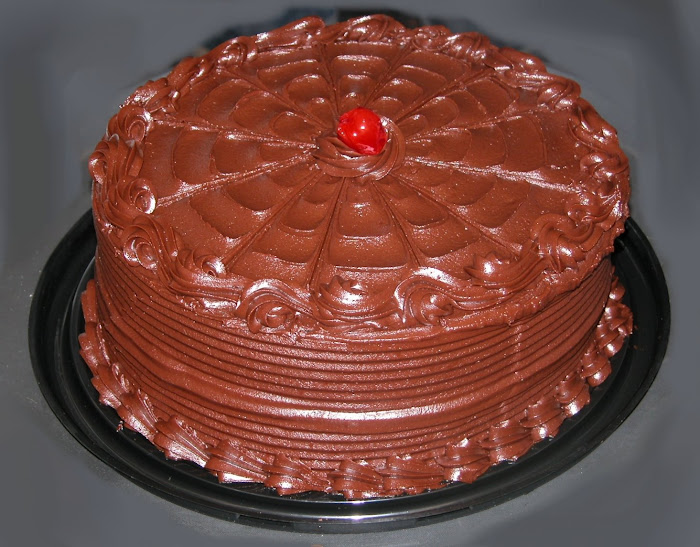
The worldwide annual consumption of disposable plastic bags is somewhere between 500 billion and a trillion - that works out to be around a million bags a minute.
According to Bags On The Run, a manufacturer of reusable bags, The crude oil needed to make 18 plastic bags could drive a car for a mile.
It's been encouraging to see some stores discontinuing disposable shopping bags of their own accord and some cities and states moving towards a disposable bag ban - but that leaves us with another challenge, in a world without disposable shopping bags; what type of reusable bag to buy.
We have some reusable bags made of plastic that weigh as much as a couple of dozen disposable plastic shopping bags and they don't seem to last all that long before looking decidely ratty. I've often wondered if they are doing more harm than good.
While these are recyclable, I always try and remember that Recycle is last of the three R's of going green (Reduce, Reuse, Recycle) for good reason - it does take a substantial amount of energy to recycle. Also, I don't even know if the materials used were recycled or "new" plastic. Then there's cotton bags - and cotton takes vast amounts of water to grow. And what about hemp?
The following are various types of what are often referred to as "green" reusable bags and their pros and cons. I'm not recommending any particular solution, just providing the information.
Polypropylene reusable bags
Polypropylene is a form of plastic
Advantages
- Can be recycled
- Strong and durable
- Can be made from recycled materials
- Chemical resistant
- Very cheap to produce
Disadvantages
- Low quality bags made from thin polypropylene do tend to wear out very quickly
- Polypropylene is made from oil. However, if the bag is made from recycled polypropylene, it is giving new life to what otherwise may have entered the waste stream
Reusuable jute bags
Jute is a plant fiber that can be spun into coarse, strong threads. It's often referred to as hessian in products, such as a hessian bag
Advantages
- Biodegradable
- One of the strongest natural fibers
- Relatively cheap to buy
- Durable
- Jute crops require little water
Disadvantages
- Not very resistant to moisture unless chemically treated
- Jute may be grown with the use of pesticides
- Most jute products are imported (travel miles = greenhouse gases)
Reusable calico bags
Calico is a usually a cotton fabric that's unbleached and not fully processed
Advantages
- The lack of bleaching and processing makes it kinder to the environment as less chemicals are used
- The fabric relatively cheap to produce
- Cotton is very strong and durable
Disadvantages
- Not water resistant unless chemically treated
- Unless organically grown, cotton requires a huge amount of pesticide
- The growing of cotton is very water intensive
Reusable cotton/canvas bags
Advantages
- Soft fabric
- Durable and strong
Disadvantages
- Unless the cotton is grown organically, high levels of pesticides are used
- Fully processed cotton required extensive additional treatment
- Cotton is a water intensive crop
Reusable hemp bags
The word "hemp" tends to stir up all sorts of association with marijuana. However, in terms of textiles, industrial hemp is a different plant from the same family with very little of the hallucinogenic properties of its cousin. Learn more about hemp.
Advantages
- Incredibly strong, durable and rot resistant fiber
- The crop can grow in poor soils with little water
Disadvantages
- Can be quite expensive due to resistance on the part of governments to allow the crop to be grown domestically, purely due to incorrect associations with marijuana; so most hemp products in the western world are imported. Thankfully, this is slowly starting to change.
General tips for choosing a reusable bag
As you can see from the above, just about all reusable bags have strong benefits, most similar, but usually a few disadvantages as well. After all, there is really nothing we do that doesn't have some sort of negative environmental impact.
Whatever your choice, look for quality as the more bags you have to buy, the bigger the associated environmental impact.
If you do choose fiber over plastic, if you can afford it try to go for organically grown fibres. Also check what sorts of dyes and colorings have been used to make the product as some of these can be quite nasty environmentally speaking.
In the case of reusable plastic bags, ensure the materials can be recycled - that way when your bag has ended its useful life, the materials can be reclaimed instead of heading to landfill where they will take generations to break down. Even better, buy one made from recycled materials.
Additionally, and purely just a personal view - if you buy a "designer" bag, you'll likely pay a ton more. Why spend the extra cash on some pithy saying or brand name slammed on a bag? You could use the money you save to do something really worthwhile. It's just a bag for your shopping folks, we don't need to make a fashion statement every time we walk out the door do we? :)














No comments:
Post a Comment